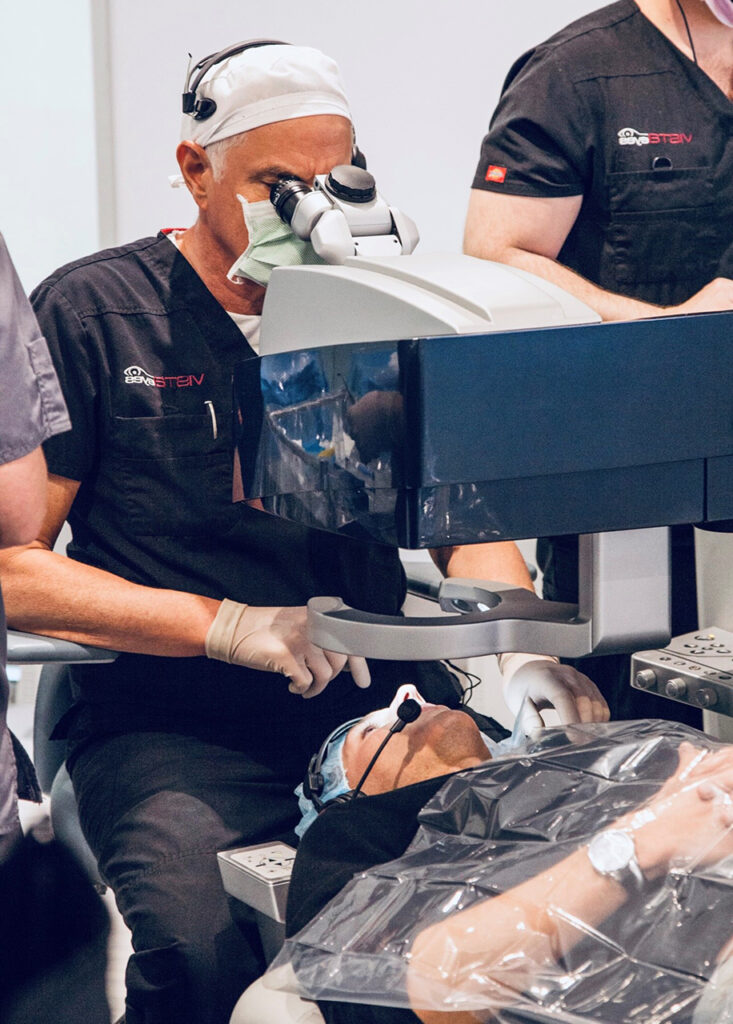PRK eye surgery in Melbourne is a clinically accepted option for correcting myopia, hyperopia, and astigmatism. Also known as ASLA, PRK reshapes the cornea using a customised laser treatment after the surface cells are gently removed. It may be suitable for people who are not eligible for other procedures, such as LASIK.
This article explains who may be a good candidate for PRK eye surgery and what factors are considered during assessment.
Who Is a Candidate for PRK Eye Surgery in Melbourne?
Refractive errors like short-sightedness (myopia), long-sightedness (hyperopia), and astigmatism are commonly treated using laser eye surgery. If you’ve been diagnosed with one or more of these, you may be eligible for PRK eye surgery depending on your eye health.
PRK for Patients with High Prescriptions or Thin Corneas
Some people with high prescriptions or thin corneas are better suited to PRK than LASIK. Because PRK does not involve creating a corneal flap, it may be more suitable for patients with less corneal thickness or mild irregularities.
Alternatives to LASIK for Irregular Corneas
People with irregular corneal shapes who are not eligible for LASIK might still benefit from PRK eye surgery. A thorough consultation with an experienced ophthalmologist is essential to assess your eye structure and discuss appropriate options.
What to Expect with PRK Recovery
Recovery after PRK tends to be longer than LASIK, but the long-term vision outcomes are comparable. Patients typically notice gradual improvement over several weeks, and your ophthalmologist will monitor your progress throughout the healing period.
Contact Vista Eyes for PRK Eye Surgery in Melbourne
If you’re considering PRK eye surgery in Melbourne, speak with our experienced team at Vista Eyes Laser Eye Clinic. We offer a range of treatments to suit different eye conditions, including LASIK, RLE, and ICL.
Book your consultation today or call us on 03 8532 5000 to learn more about PRK and whether it’s suitable for you.
*This information is general in nature. All medical and surgical procedures have potential risks and benefits. Please consult your ophthalmologist for personalised advice.
